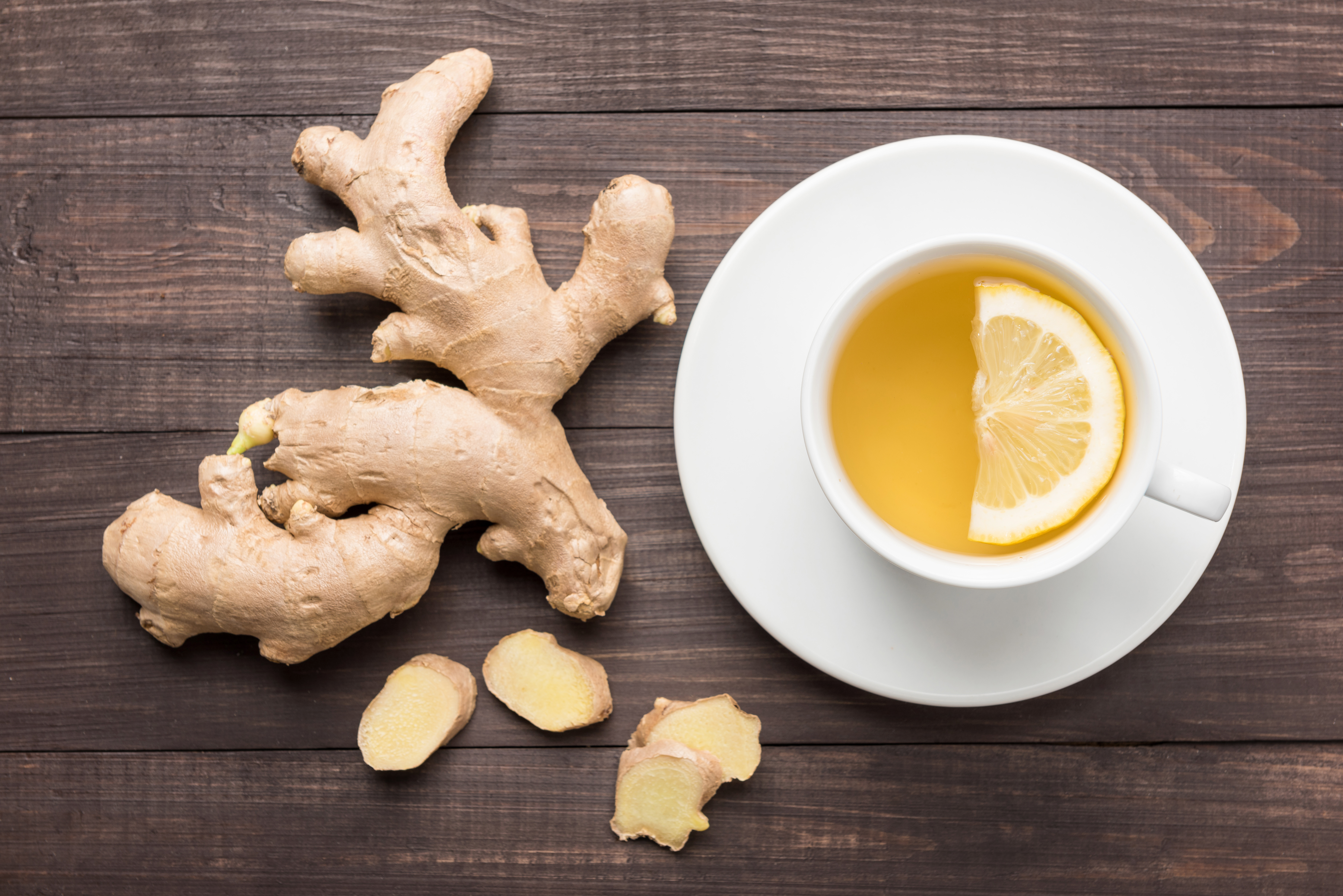Improving your health isn’t always about making major changes to your lifestyle and diet. Sometimes, small, simple changes can yield big results. The foods you eat — including herbs and spices — play a significant role in how you feel and how your body functions, and eating the right foods can improve your health and get you one step closer to meeting your overall goals.
Ginger is a spice that contains numerous health benefits you may be missing out on. Although it’s popular in Eastern cuisines, ginger isn’t as widely used in the standard American diet — but it should be. Here are just a few of the proven benefits of ginger.
Fights illness.
Gingerol, a substance contained in ginger, contains powerful medicinal properties long used to aid digestion and fight common illnesses such as cold and flu. Gingerol also has powerful anti-inflammatory and antioxidant effects on the body, and it can help fight bacteria and lower risk of infection. Ginger may even contain anti-cancer properties, though more research is needed on the subject.
Lowers blood sugar and reduces risk of heart disease.
A 2015 study found that diabetics who consumed two grams of ginger powder per day experienced as much as a 12 percent drop in fasting blood sugar. It also improved long-term blood sugar levels and reduced risk factors for heart disease.
Lowers cholesterol levels.
High LDL (“bad” cholesterol) is also linked to a higher risk of heart disease, and foods can significantly impact LDL levels in the body. One study found that consuming three grams of ginger powder daily lowered cholesterol markers, thus reducing another risk factor for heart disease.
Treats nausea and morning sickness.
Ginger has a long history of being used to fight nausea, including morning sickness and sea sickness. It may be beneficial to patients after a medical procedure or to cancer patients undergoing treatment. Pregnant women often turn to ginger to help fight morning sickness. It can be used fresh, dried, as an oil or in juice.
Reduces muscle soreness, pain and joint stiffness.
Some studies show that consuming ginger over time may help reduce exercise-related muscle soreness, likely due to its anti-inflammatory properties. Another study found that ginger, when combined with mastic, cinnamon and sesame oil and applied topically, can reduce pain and stiffness associated with osteoarthritis.
Treats chronic indigestion.
People who suffer from chronic indigestion may experience delayed emptying of the stomach. Consuming ginger helps reduce the time it takes the stomach to empty, which can help ease indigestion and stomach discomfort.
Aids weight loss.
Drinking ginger tea may help you naturally lose weight by activating your metabolism, suppressing your appetite and helping you burn fat. Consuming a glass of ginger tea before a meal can help you feel fuller, reducing the overall number of calories you consume. Ginger is a natural diuretic, so be sure to drink plenty of water if you consume ginger tea regularly.
Get more ginger in your diet by incorporating fresh ginger into your fruit and veggie smoothies, mincing it and adding it to your favorite recipes, or making your own ginger tea by simmering a few strips of fresh ginger in two cups of hot water for 10 minutes.





